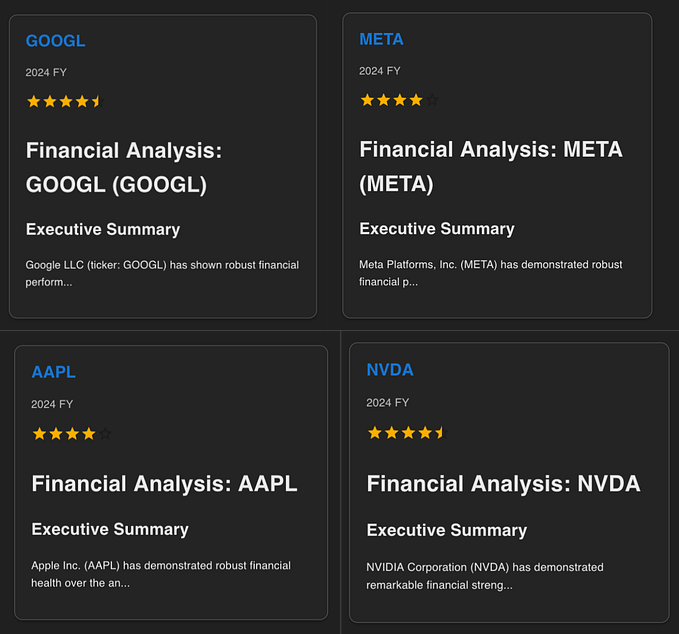A Beginners guide to Personal Finance.

Financial education is the possession of the set of skills and knowledge that allows an Individual to make Informed and effective decisions with all their financial resources. It is also called Financial Literacy and is extremely important for you to make financial progress.
In other to gain financial freedom and independence, you need financial education to understand how money works and how to win at the game of money.
If you want to get to a point in your life where you don’t have to depend on one job or someone to survive, you need to learn the strategies of earning money, keeping it and growing it.
Financial education teaches you the fundamentals of
1. Earning Income:
This is the foundation of your personal finances and it includes every single sources of income you have, including tips and bonuses. When it comes to earned income, you have to consider what type of lifestyle you want to live and how much money you need to earn on a regular basis to create and maintain this lifestyle.
The next step is to choose a career that can allow you earn the income of your dreams and start working to become a master in this field.
Your earned income includes all monies made from any source of income that pays daily, weekly, monthly or yearly.

Key things to think about are:
How high is the demand for this skill?
How well can you grow and develop in this skill?
How much is the average pay for this skill?
How much are you ready to commit to this skill (whether one or more)?
Since Income is the foundation of personal finance, the better the foundation, the better your personal finances will be.
It is important to remember that you don’t have to limit yourself and you can always learn more skills or create a new stream of income for you. However, you must have a core skill and be a master at it.
The more streams of income you have, the more financial freedom you gain.
2. Budgeting:
The act of budgeting is to assign all your income to different objectives. When there is no budgeting, your income has no clear picture on where it should go, thus leading to unnecessary spending and waste of money.
Your income will keep going into different wants that add no real value to your financial growth nor can it help you achieve any long or short term financial goal.
Without budgeting the act of saving and Investing can become very difficult as there is no plan for what you are saving for and why.
There are different budgeting styles that you can adopt as and so it is important to understand which budgeting style is best for you and start implementing it.
3. Debt Management
Debt management has to do with loans and credit. It helps you answer the questions:
How much debt do I owe and what is my plan to pay it off — At what date?
Is it the right time to take a loan?
Why is this loan Important and how can I repay it?
To what ratio does the benefit of this loan out weigh the disadvantages?
Is this loan going to solve an urgent need or a want?
Can this loan solve my problem?
The answer to these questions will tell you if a loan is the best solution to your problem and help you manage your debt better.
4. Savings
Savings is the act of putting a certain amount of money aside for the purpose of Investing it in a long term goal.
With the rate of inflation in Nigeria, it is not advisable to just stash your money in a savings account but recommended to save up for a short while and then Invest the money saved.
This is because most savings accounts don’t offer high ROIs with some offering no interest at all. If you save your money in a No Interest account for a long time, Inflation catches up to it and it becomes less valuable in the market with each passing day.
An effective way to save easily is to AUTOMATE YOUR SAVINGS: With a savings automation, you allow money go directly into your savings account automatically which eliminates the temptation to over spend. With your savings account funded, you can make a budget for the rest your Income.
5. Investing
When we talk about Investment, we are talking about Stocks, Bonds, Real Estate, Alternative investments. Here, you have to focus on long term rewards.
Investment means you put your money somewhere and allow it to grow over a certain period of time. The act of Investing is the best way to grow your wealth and achieve any financial goal you have set.
Here are a few things to note about Investing:
- It is long term: the element of time is a winning strategy in Investment especially in Investments that carry compound interests as this means your Investment can grow exponentially and earn you massive returns. The earlier you start investing, the better.
- You have to understand your Investment. Do your research and understand the investment you want invest in.
- Consistency: You must keep re-investing your Interests and as much of your Income as you start earning
See also: Great Investment options to check out now.
6. Healthy financial management
Having good financial education is important in other for you to make better decisions with your finances.
Making a lot of Income does not guarantee wealth or financial growth. When it comes to building wealth, it is very important to learn the balance of making money and managing the money you make — as one without the other, cannot succeed.
Without proper financial education, money gets wasted, time gets wasted and your financial goals die and this is why you need a healthy financial management system.









